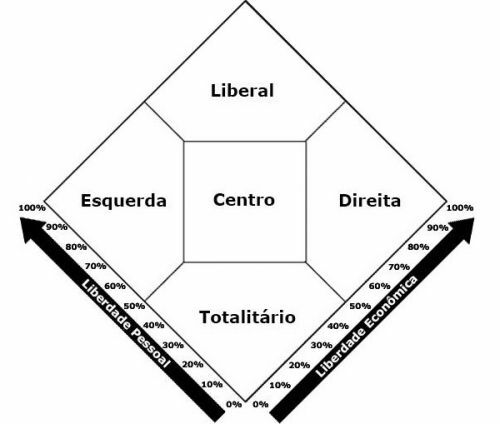Medieval philosophy is that developed in Europe during the Middle Ages. Its main characteristic is the union between the ancient Greek philosophical culture with the Christian religion, which had its heyday in the period.
The Middle Ages were marked by the strong influence of the Catholic Church. The themes addressed by medieval philosophers reinforced the power of the Church and were related to the faith and reason, the existence and influence of God and the purposes of theology and metaphysics.
Theological reasoning of the time used many methods and techniques of ancient philosophers to reflect and systematize Christian doctrine. Medieval philosophy sought to reconcile two, until then, distinct areas: scientific reason and Christian faith.
Medieval philosophy essentially addressed the problems related to belief and God's influence on reality. In addition to the natural development of areas such as logic and ethics.
Patristics and Scholastics: Periods of Medieval Philosophy
Medieval philosophy is commonly divided into two main periods: patristic and scholastic.
What is Patristics?
Patristics represents the period between the 5th and 9th centuries in which the expansion of Christianity also required the formation of theoretical bases that supported the Christian religion. Its name is a reference to the "Fathers of the Church", responsible for its development.
Based on the teachings of the Holy Bible, the "Fathers of the Church" (hence patristic) united the Word with traditional philosophical knowledge. This made possible the foundation of the religion and the conquest of new adherents due to its similarity to the traditional knowledge already accepted.
The main philosopher of the period was Augustine of Hippo (St. Augustine), he used the foundations of Plato's philosophy to build a Christian philosophy.
In this sense, Platonic dualism is seen in the representation of a higher truth and prior to human life present in the Holy Bible. The soul is hierarchically superior to the body, while the latter is inferior and the place of error is now associated with sin.
What is Scholastics?
Scholasticism is the period between the 9th and 16th centuries. During this period, the idea that knowledge can be transmitted and learned (school) is reinforced. Universities appear, places dedicated to the transmission and construction of knowledge.
Scholastic philosophy has as one of its main characteristics the development of Christian reason and logic. The union between faith and reason is the main mark of the scholastic period.
The main philosopher of the period is Saint Thomas Aquinas. The philosopher developed, above all, the thought of Aristotle, uniting it with religious principles, forming a rational thought supported by faith.
Leading Medieval Philosophers
In the Middle Ages, few thinkers considered themselves philosophers and were mostly members of the church. Among the most influential thinkers of the time are:
Saint Augustine
Throughout his literary career, Agostinho explored the Divine Enlightenment Theory. For him, the mind needed to be illuminated from without, and all his works made categorical statements about the necessity of God's participation in human life.
Saint Thomas Aquinas
He was responsible for combining the Aristotelian philosophy with the ideals of Christianity, giving rise to the so-called “Thomism”. Aquinas' ideas were so influential in Western thought that much of modern philosophy took his works as a starting point.
John Duns Escoto
developed the Theory of the Univocity of Being, which removed the distinction between essence and existence previously proposed by Thomas Aquinas. For Scotus, it is impossible to conceive of anything that does not imply its existence.
John Duns Scotus was beatified by Pope John Paul II in 1993.
William of Ockham
William of Ockham was a Franciscan theologian and friar considered the forerunner of nominalism.
Ockham, among other ideas, denied the existence of abstract objects and so-called universals, a concept derived from metaphysics that defines everything that is present in different places and at different times.
See too:
- Theology
- Metaphysics
- modern philosophy
- Philosophy
- ancient philosophy



